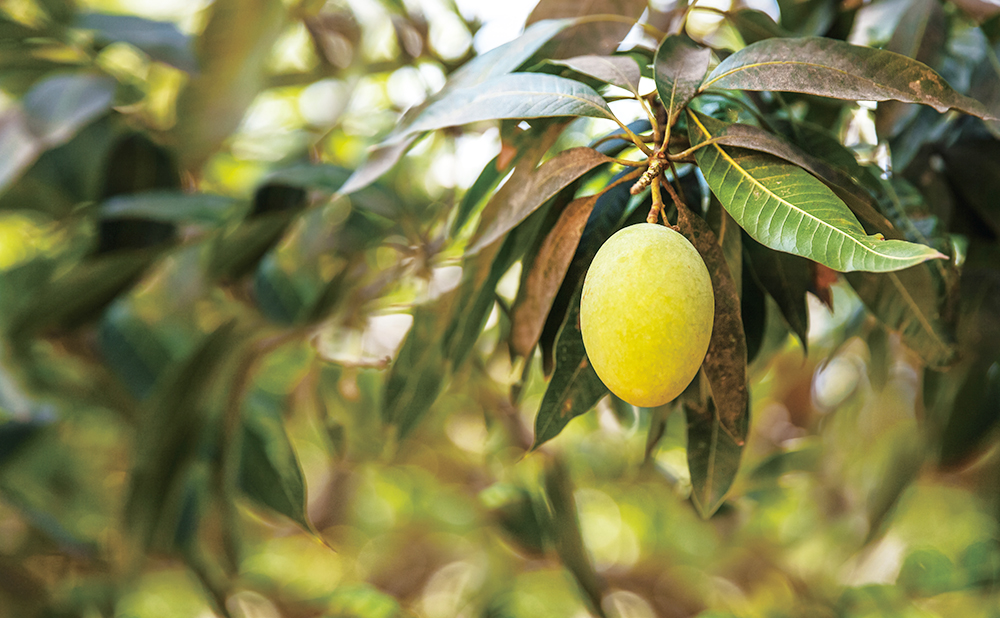Preserving and using biodiversity
Amorepacific Group pursues sustainable growth keeping in harmony with nature.
Biodiversity is not only the source of food, medicine, and industrial materials, but also plays an important function in regulating ecosystems. Biodiversity is being lost, however, due to overdevelopment and climate change. A significant share of our raw materials come from plant resources and to return the benefits we receive from nature, Amorepacific Group is committed to the conservation of biodiversity, utilization of and the fair sharing of profits from biological resources.

15 Years of Research Leading to the Birth of Jangwon No. 2 and No. 3
The word 'green tea' reminds us of a warm cup of fine tea. In fact, in the 5,000 years of history from 2700 BC when humans first started drinking green tea, it has been cultivated, processed, and even bred and evolved catering to a standardized preference of flavor, aroma and color. Various species with natural functionality and enhanced functionality were culled for their low competitiveness in taste, and the diversity of green tea species is being destroyed.
As the only global beauty company that owns tea farms, Amorepacific Group has been dedicated to restoring green tea species with outstanding potential and developing new species not only for brewing tea, but also to use as ingredients in cosmetics. While it typically takes 20 to 30 years to develop a new plant species, Amorepacific Group continued numerous experiments and research for a long time. As a result, we developed new green tea species Jangwon No. 2 and No. 3, which contain more than 1.5 times the amino acids (contains moisturizing properties) and catechin (contains anti-aging properties) compared to the common green tea species Yabukita. In 2018, the two species were each used as ingredients in AMOREPACIFIC and LANEIGE products, proving their value and contributing to preserving the biodiversity.
Beauty Found in Organic Ginseng
Amorepacific Group focused on ginseng, especially on Korean ginseng cultivated on our lands. We concentrate on maintaining sustainable agriculture and on organic production of ginseng for customer safety. We set out the ‘Beauty Ginseng’ development plan to develop ginseng species optimized for cosmetics and to secure the technology to cultivate ginseng in a sustainable manner. In 2018, the Group signed a contract for approximately 1,000m2 in ginseng field with a farm in Anseong, Gyeonggi-do, Korea, and planted one breed of Panax ginseng and 4 potential new species to compare and observe. This is the first step in the experiment that requires tracking for more than 4 years.
Amorepacific’s Biodiversity Strategy
Conservation of Biodiversity
- Restore endangered species and rare varieties of indigenous species
- Review materials’ impact on biodiversity
- Strengthen Jeju’s biodiversity heritage
PDF Download
Sustainable Use of Biological Resources
- Conduct biodiversity utilization research
- Create Amorepacific Botanical Garden, Beauty Bean Garden
- Build biodiversity research network
PDF Download
Fair Sharing of Profits
Fair sharing of profits gained by using biological resources: We utilize the traditional knowledge of local residents on using biological resources living in certain regions and offer equitable prices for cultivation and supply of materials to achieve co-prosperity of our company and local communities.
The content on this page is based on the standards of Amorepacific.
